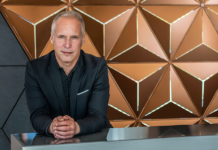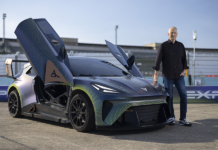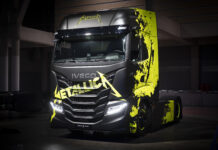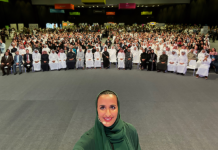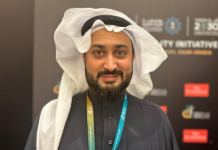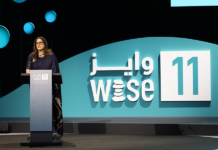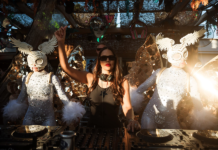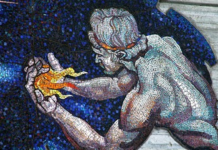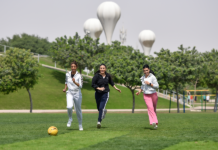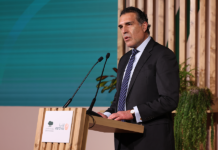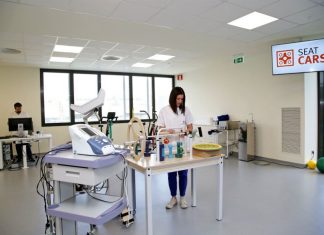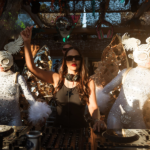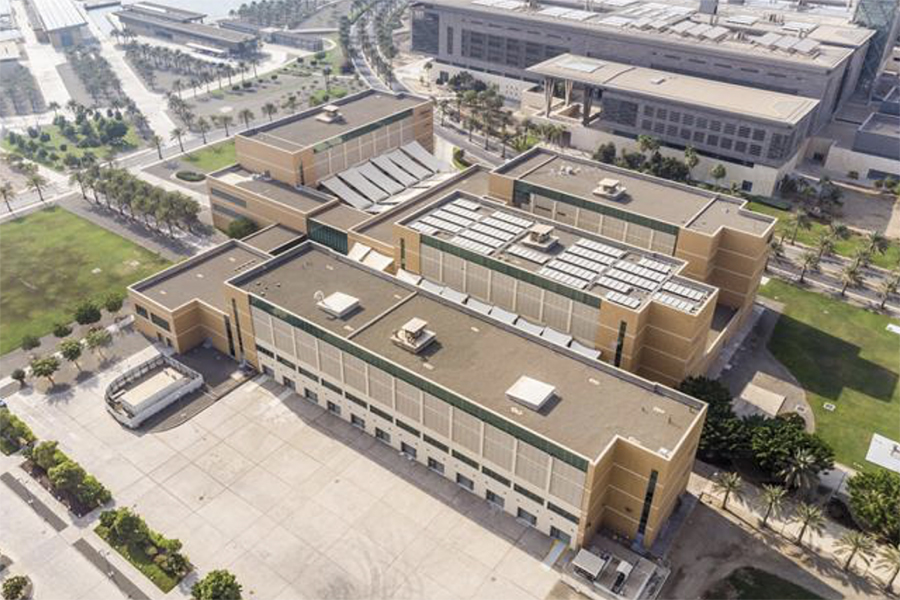
Thousands of years after the world’s first great cities emerged in the fertile lands of the ancient Middle East, the region is playing a starring role in a new chapter in urban civilization.
On the shores of the Red Sea, about 50 miles north of the historic city of Jeddah, international researchers at King Abdullah University of Science and Technology (KAUST) are developing and testing technologies that have the potential to transform city living globally. Here, futuristic concepts such as drones that deliver groceries and fully autonomous vehicles are no longer the fantasies of science fiction. For the thousands of people who live and work on the KAUST campus, they are becoming part of the fabric of everyday life.
“KAUST is unique because it is not just a university,” explains Jason Roos, the institution’s chief information officer. “It is an entire city that contains within it a research park, the offices of numerous Fortune 500 companies, and a thriving community of homes, hospitals, schools, restaurants, and malls, all connected to one state-of-the-art fiber optic network.
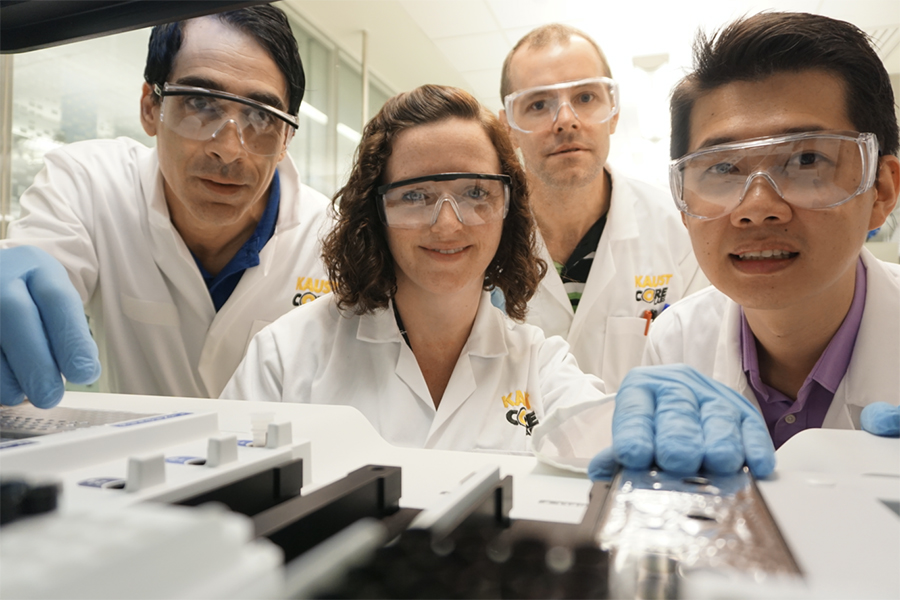
“We are a living laboratory that is unlike anywhere else in the world. That means we can develop and demonstrate the digital innovations that will transform what it means to live, work, and play in a city.”
Just 10 years after welcoming its first students, KAUST today is a thriving community that residents from over 100 different nationalities call home. This multicultural and open-minded community gives KAUST an edge when it comes to developing innovations for the cities of tomorrow.
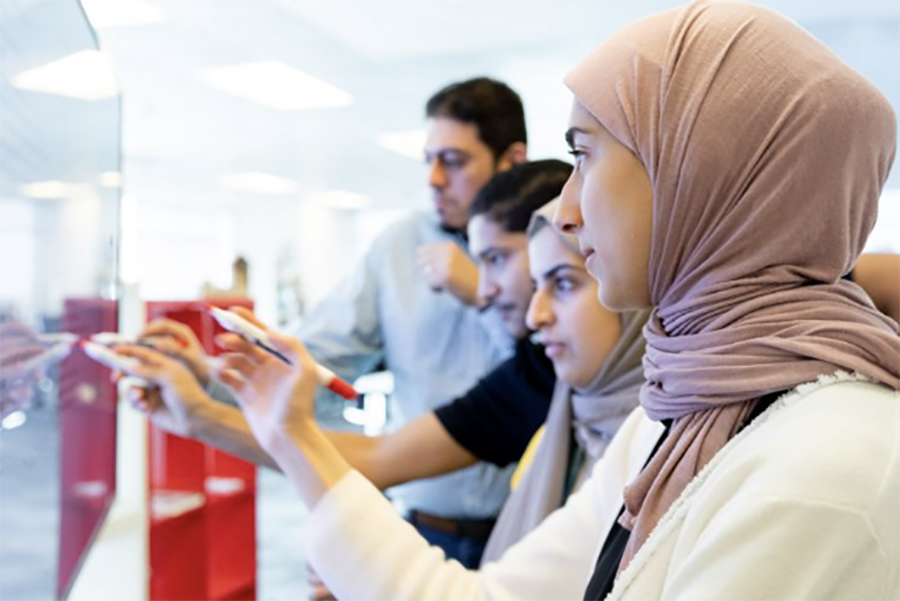
“Unlike technology companies, we do not just put different components together and hope it results in a positive experience,” Roos says. “We start by thinking about the experience that a resident wants, and only then do we consider the technology required to make that happen.”
Compared to large cities, the community’s manageable size gives it a significant advantage when rolling out new technologies, explains Mohamed Abdel-Aal, head of digital experience and innovation at KAUST.
“We are not a major metropolis, so we do not need perfection. We can afford to test prototypes with the community and make changes based on the feedback of residents,” Abdel-Aal says. “We try things that might not work. We can experiment with the established patterns of the way people live here. We can tolerate risk and test solutions that other cities do not dare to.”
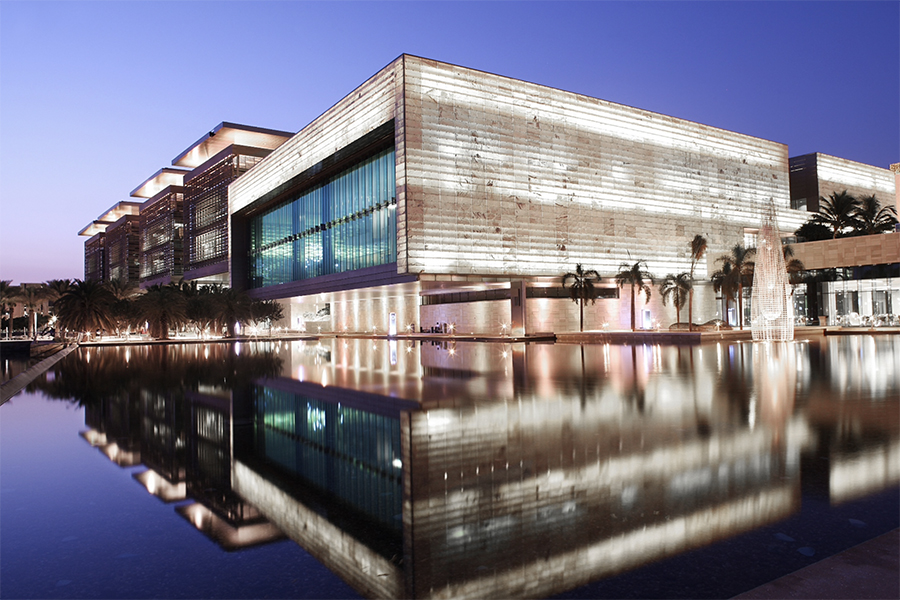
The benefits of the KAUST approach to new technologies are clear to see in its deployment of self-driving vehicles. Since the start of the year, students and staff have been using two driverless electric shuttles to move around the central campus. The vehicles are still in the prototype stage, with human operators onboard. Nevertheless, the shuttles are proving popular with KAUST’s residents, and insights from their usage in the real world are paving the way to their next stage of development. Based on passenger feedback and on the vast volumes of data accumulated by the shuttle sensors, KAUST scientists are refining the service with the aim of allowing the vehicles to operate entirely autonomously.
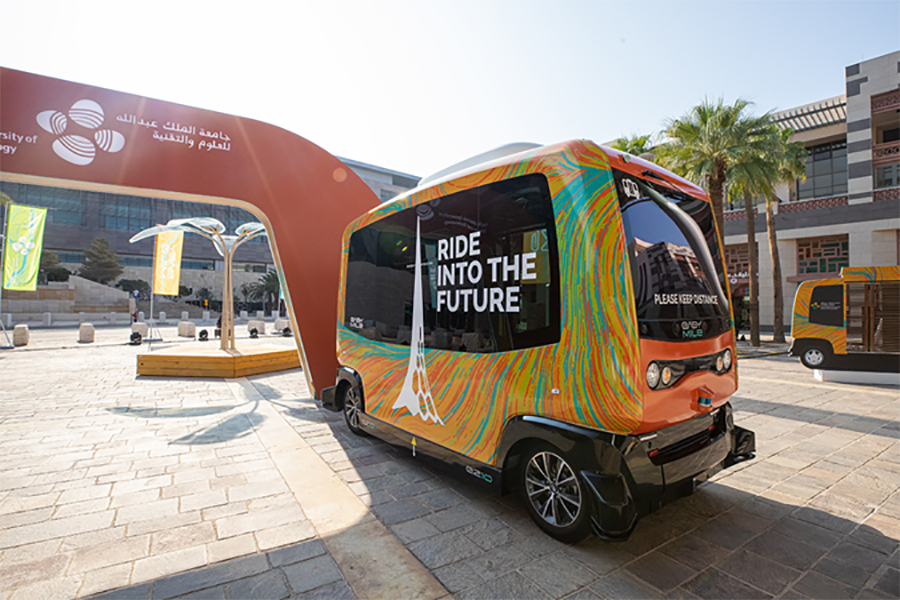
“The shuttles will not only provide our community and visitors with an eco-friendly and easy-to-use transport service, they will also give us a new platform for innovation and collaboration that will help advance autonomous vehicle technology in general,” says Abdel-Aal. “We will be testing the vehicles on our streets for the next two to three years. That will generate numerous opportunities for researchers and students at KAUST to design and develop some of the underlying technologies for autonomous vehicles, in fields such as AI, electronics, sensors, and nanomaterials.”
“KAUST is a living laboratory that is pushing the boundaries of innovation and testing new ideas for urban transformation”
Jason Roos, CIO, King Abdullah University of Science and Technology (KAUST)
KAUST’s focus on real-world testing and the needs of residents is shaping its approach to other smart city technologies. Researchers are currently exploring the possibilities of using drones to transport and deliver household goods. To prepare the community for this technology, KAUST scientists plan to equip smart houses with modules to receive incoming drones, and drone corridors will be established to preserve the privacy of residents. Researchers are also building a “digital twin” of the city to help model future flight patterns.
In addition to the university’s own researchers, many enterprises are benefiting from KAUST’s hyper-connected urban ecosystem. An increasing number of startups, global technology leaders, and local business partners are congregating here to test the technologies of tomorrow in a city that exists today.
“At KAUST, we can roll out innovative ideas in the real world and quickly determine which ideas have the potential to be scaled up,” Roos says. “Our greatest value proposition is the city itself.”
Q&A with Jason Roos, CIO, KAUST
Why has KAUST become a center of smart city innovation?
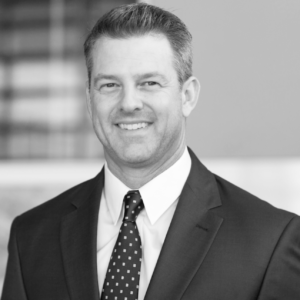
We are a living city where startups and business partners can test new ideas in a unique real-world ecosystem. With our state-of-the-art infrastructure and our centralized management, we can quickly demonstrate the experiences that can be achieved with new digital technologies.
What is different about the culture at KAUST?
We are not afraid of failure or of taking risks. The people who live in our community are eager to participate in testing new services and refining new ideas. And we can move quickly without waiting for permission.
Why have the driverless shuttles become so popular?
KAUST is the ideal environment for testing and developing autonomous vehicles in the community. We have put regulations in place to ensure that we can roll out these capabilities in a safe and controlled manner while growing the ecosystem needed to support them.
What is it like to live and work at KAUST?
The work-life balance is great. My commute takes five minutes. KAUST has created a community that caters to people who are into health and fitness. There are running tracks, golf courses, tennis courts, fitness centers, and a beach. Some of the world’s best scuba diving is in the Red Sea.
The architecture and the infrastructure are outstanding. KAUST has all the resources you need to work and to have fun![]()



